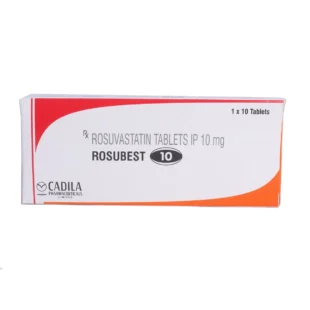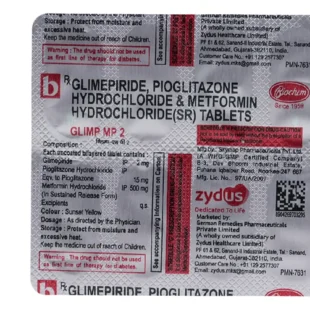- Your cart is empty
- Continue Shopping
Ngmine 250mg Injection
₹9,598.96
Uses of Ngmine 250mg Injection
- Percutaneous coronary intervention (PCI)
- Heparin-induced thrombocytopenia (HIT)
- Anticoagulation during cardiac surgery
Introduction Of Ngmine 250mg Injection
Ngmine 250mg Injection contains an active component called Bivalirudin. It is a medication used in cardiology and is primarily employed as an anticoagulant (blood thinner). It is often used in patients who are undergoing certain medical procedures, such as percutaneous coronary intervention (PCI) or angioplasty, to reduce the risk of blood clots forming during the procedure. It is often used as an alternative to heparin in patients at risk of or with a history of heparin-induced thrombocytopenia (HIT), a potentially serious complication of heparin therapy.
Patients who have a known hypersensitivity or allergy to Bivalirudin or any of its components should not receive the medication. It is an anticoagulant and can increase the risk of bleeding. It is contraindicated in patients with active, severe, or life-threatening bleeding, such as gastrointestinal bleeding, intracranial bleeding, or bleeding disorders. It may not be suitable for patients with severely uncontrolled high blood pressure (hypertension).
Patients with severe renal impairment or end-stage renal disease may require dosage adjustment or alternative anticoagulation strategies, as it can accumulate and increase the risk of bleeding. Patients with known coagulation disorders or conditions predisposing them to bleed may not be suitable for this medication.
It is not recommended for patients with a significant decrease in platelet count (thrombocytopenia) or a history of heparin-induced thrombocytopenia (HIT) unless there are no suitable alternatives. It may not be appropriate for patients who have undergone recent major surgical procedures or experienced significant trauma due to the increased risk of bleeding. It is not recommended as the sole anticoagulant for patients with infective endocarditis or other conditions where a more extended duration of anticoagulation is needed.
Therapeutic Effects of Ngmine 250mg Injection
Ngmine 250 mg injection directly inhibits thrombin, a critical enzyme in the blood clotting process. Blocking thrombin prevents the conversion of fibrinogen into fibrin, effectively inhibiting blood clot formation. This mechanism is particularly useful in medical procedures like percutaneous coronary intervention (PCI) to maintain blood flow in coronary arteries while minimizing the risk of clot formation, thanks to its rapid onset and reversible effects.
Interaction of Ngmine 250mg Injection with other drugs
Inform the doctor about your medicines, including prescription, over-the-counter, nutritional or vitamin supplements, and herbal products. Certain medications may interact with Ngmine 250 mg injection, reducing effectiveness by causing undesirable side effects.
More Information about Ngmine 250mg Injection
- Store at room temperature, between 20-25°C
- Keep away from moisture, heat, and light.
- It should not be frozen.
- Keep away from children and pets.
How to consume Ngmine 250mg Injection
Ngmine 250 mg injection is administered via the intravenous (IV) route. It is important to follow the dosing instructions provided on the product’s packaging or as your healthcare provider recommends.
Safety Advices for Ngmine 250mg Injection
Pregnancy
Consult your doctor
Ngmine 250 mg injection may be used in pregnant women only if the potential benefits outweigh the risks and under the supervision of a healthcare provider.
Breast Feeding
Consult your doctor
Ngmine 250 mg injection may be present in breast milk in small amounts, and its effects on nursing infants are poorly studied. It is advisable to consult your healthcare provider.
Lungs
Consult your doctor
Ngmine 250 mg injection primarily affects the blood’s clotting ability and does not directly affect the lungs, it’s advisable to consult your healthcare provider.
Liver
Consult your doctor
If you have liver-related medical conditions. It is important to consult with a healthcare professional before using Ngmine 250 mg injection if you have any liver-related concerns.
Alcohol
Unsafe
Alcohol can increase the risk of bleeding, and it is generally unsafe alcohol consumption while taking Ngmine 250 mg injection.
Driving
Consult your doctor
Ngmine 250 mg injection does not typically impair cognitive or motor function. If you experience bleeding or side effects that affect your ability to drive or operate machinery, consult your healthcare provider.
Side Effects of Ngmine 250mg Injection
Serious:
- Bleeding
- Allergic reactions
- Thrombosis
Common:
- Bleeding
- Pain at injection site
- Headache








Reviews
There are no reviews yet.